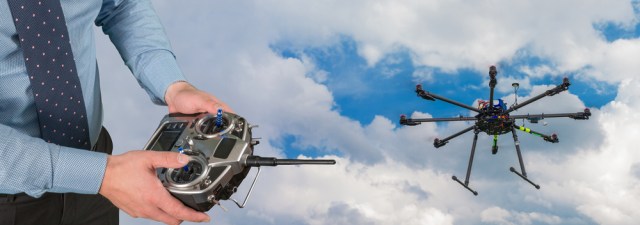Could an app a day can keep the doctor away?
Prevention is always better than cure, which in itself is about developing good habits. Since smart phones are our constant companions, they are the best health coaches we could ever have. Here are three examples.
According to the UK’s National Health Service (NHS) figures, 60% of people in England with a chronic medical condition, such as diabetes, fail to follow their treatment and medication regimes. This might be because of fear, denial or a lack of understanding. We all question the apparent futility of sticking to the plan if it’s seemingly making no impact, even if we’re just on antibiotics.
These failures cost the patients their health and happiness and they prove painfully expensive for the NHS too. The 25% of people who have chronic conditions account for 70% of all healthcare spending. Clearly, if the failure rate for the treatment of chronic conditions can be improved, there are massive savings to be made.
This is the problem that Marmo Health has set out to resolve. Its solution is a chat-based app, MyOwnTeam, which aims to make patients feel more in control over their situation. Whether you’re popping a laborious course of pills or devoting time to seemingly pointless exercises, when there’s no immediate payback, it’s easy to become lonely and demoralised. But the MyOwnTeam app aims to tackle this spiritual demise through the use of techniques such as ‘nudge’ psychology, the motivational power of peer groups and access to everyday support.
The battle for health is often won and lost in your mind. So the psychological boost that MyOwnTeam can provide can be a powerful support.
In order to realise the full potency of people power, the MyOwnTeam app uses an algorithm to connect users with an ultra-personalised peer group who are all going through the same thing. By instantly sharing their challenges and solutions through in-app chat, they can automatically raise their collective morale. This saves them having to rely solely on attending a face-to-face session or seek out support groups online which, while potentially helpful, can be time consuming. NHS research suggests that this can quadruple engagement and encourage 40% more behaviour-changing actions.
Another aid to psychological wellbeing comes in the shape of OliTool: a touch-sensitive tool that tackles anxiety, a condition which affects one in six people.
Developers Lisa Erickson and Deborah Werbner, founders of OgenBlik, designed the app to use haptic technology. This method is based on interactions around touch to give anxious people a release. Users can carry a discrete handheld device with them and use it to mark and release emotions in real-time. It acts almost like an intelligent, electronic version of the worry bead.
Information from these interactions is gathered and transmitted to an application used by both the user and mental health professionals. This helps them jointly develop therapy and promote psychological wellbeing.
OliTools supports the user’s behaviour change strategies and therapy goals by helping them understand their behaviour patterns and triggers. By creating a record of how the user copes it helps them understand more and feel more in control.
The Jam smartphone app has a similar empowering effect, by giving users a way to discretely signal that they need a bit of understanding.
The Now Group helps people with learning disabilities and is designed to discretely signal when people need extra time to access services. For example, when a user is paying at a shop or getting on a bus, they can flash the app to show they have specific needs. It’s cooler than carrying a card – the old method of signalling – and the users and clients reportedly love it. With a new grant from Nominet Trust, Now Group aims to roll out the services to help staff at all businesses and services to become more disability-aware.
The system includes a TripAdvisor-style feature to that allows users to give shops, restaurants and services a ‘disability rating’ through the JAM app. NOW Group is backing this initiative up with its own launch of a training and awareness programme to help businesses achieve higher ratings.









